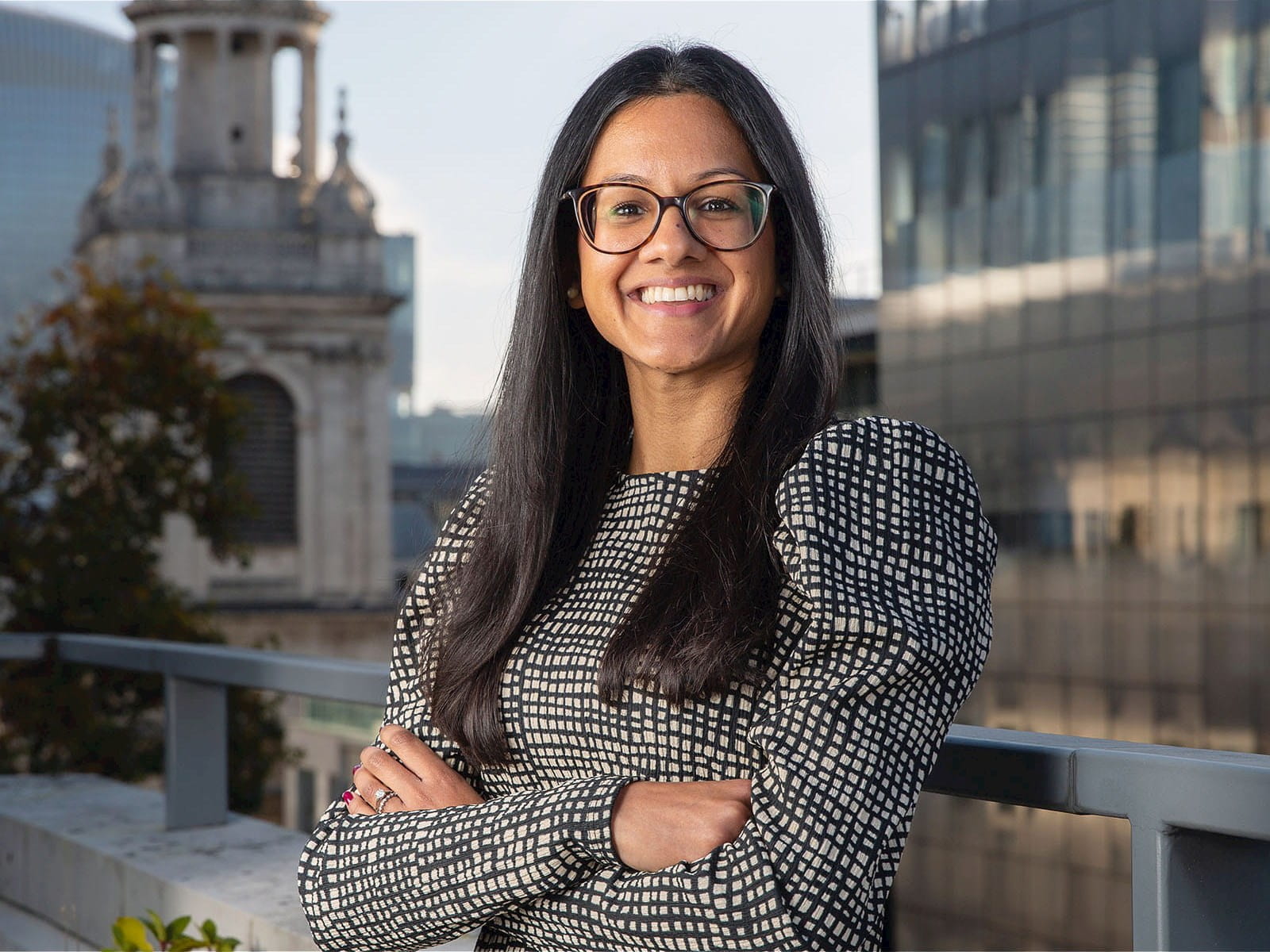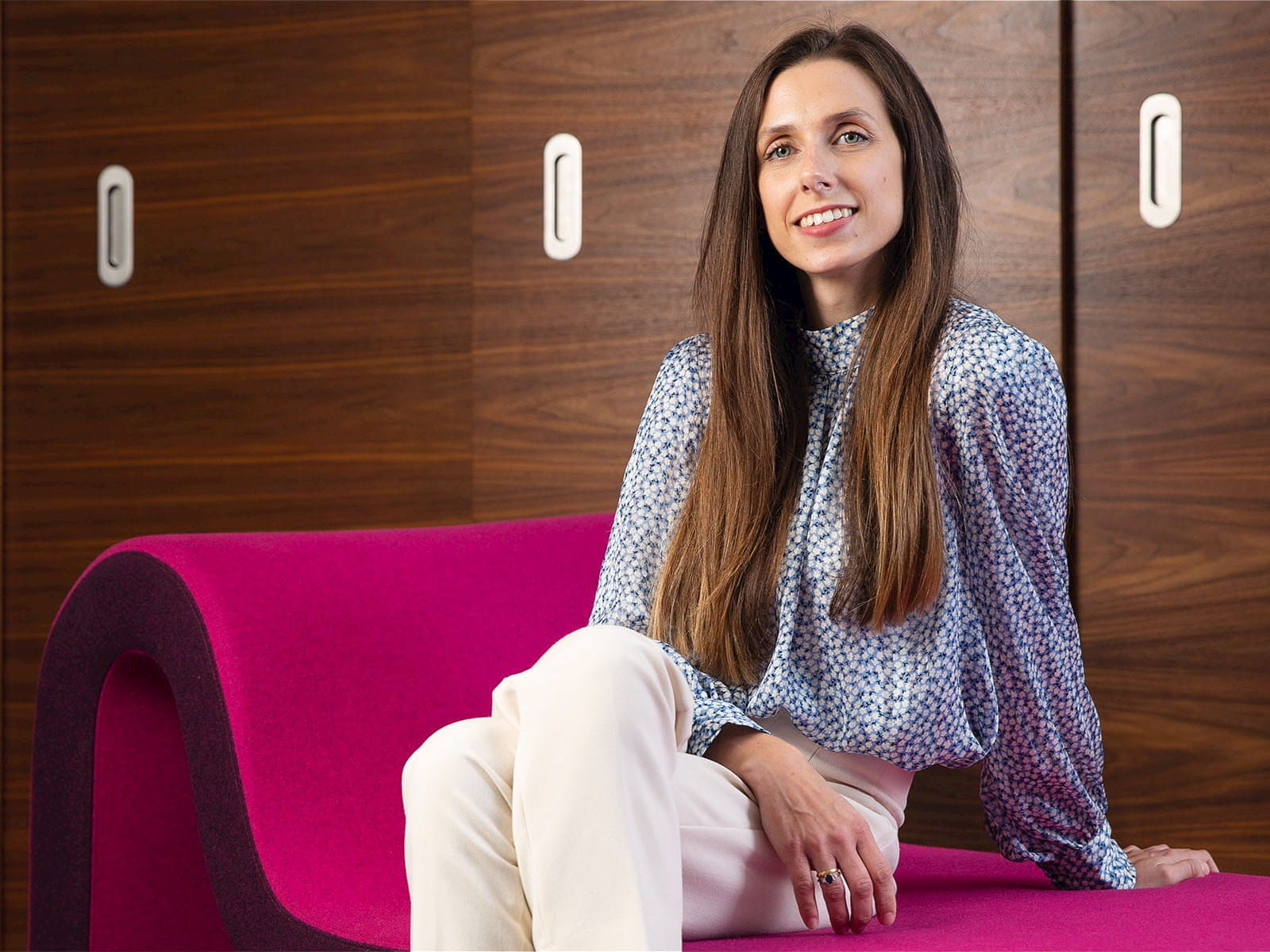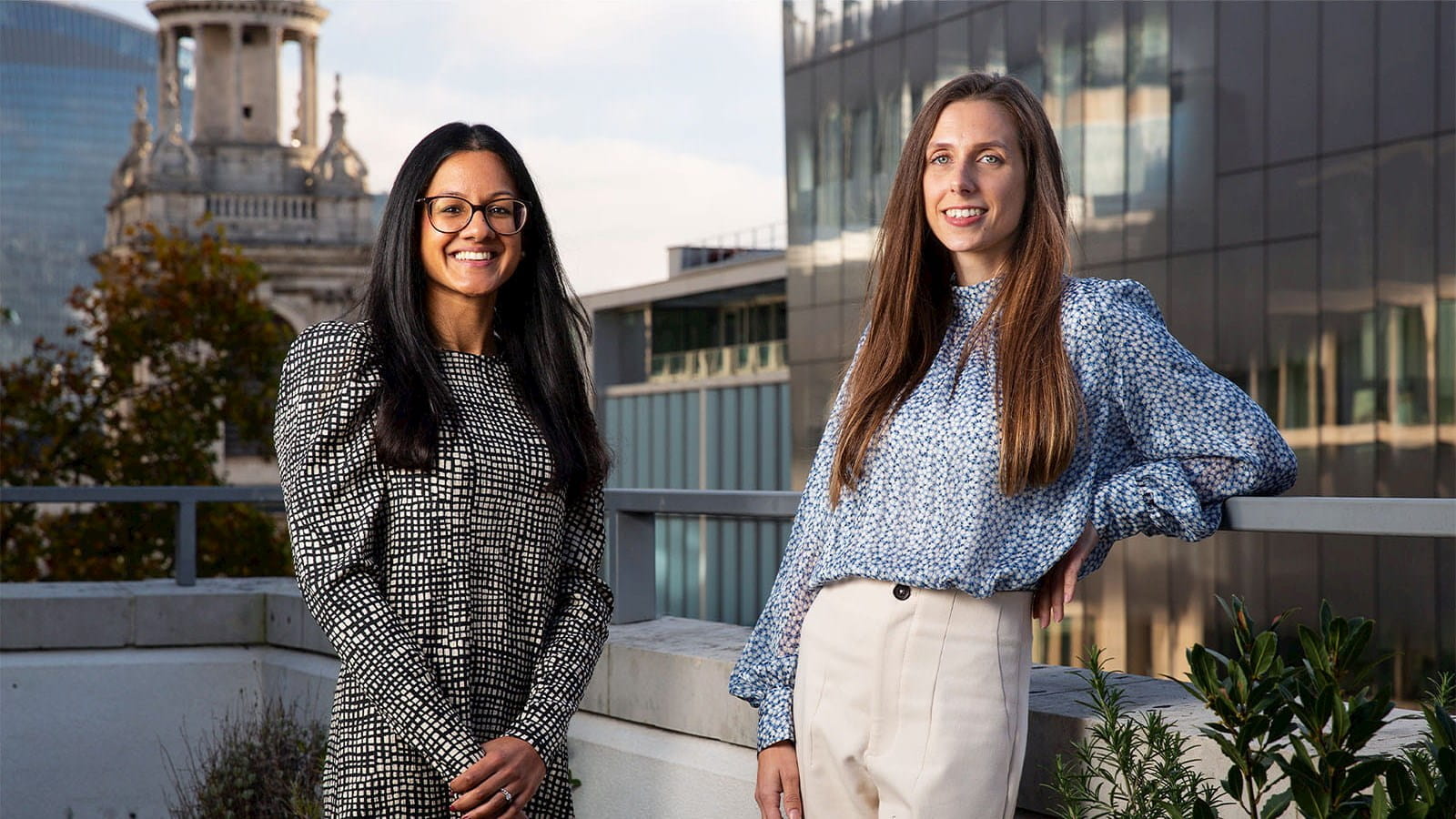Encouraging diversity in the corporate finance workplace takes a multi-pronged approach. Marc Mullen speaks to Meera Shah and Anna-Louise Shipley, senior corporate financiers at Buzzacott, about the challenges – and the benefits to be reaped.
The logic behind meritocracy is that rewarding skills, endeavour and imagination encourages individuals and teams alike to aim high, and once it’s demonstrated, it fuels itself. Corporate finance advisers have long recognised this. As many advisory firms know, creating a meritocratic culture does not just automatically happen. In fact it needs constant work.
“Our team really is a meritocracy,” says Meera Shah, corporate finance director at Buzzacott. “My career path is indicative of that. I joined in 2018 with some transactional experience, but not having done pure M&A. I’d been managing teams for almost two years in valuations and audit and Matt Katz, who was building the team, saw ability and a desire to learn quickly in me. When I showed I could absorb new skills rapidly and was working well, I was promoted.”
She says the firm, which has only been growing corporate finance as a formal dedicated service line for seven years, does not do ‘time served’ promotions: “If we can see potential, we like to incentivise and encourage people.”
More than time
This experience is shared by corporate finance associate director Anna-Louise Shipley, who joined Buzzacott Corporate Finance in 2017 as the fourth member of the team. “It’s not necessarily about how long you’ve been in a role,” she says. “Of course, there are frustrations because sometimes the right transactions just don’t come in so you don’t get the chance to show you’ve got those skills. But if you have a great transaction and deliver it, providing the service the client wants and exceeding expectations, then you’ve got the chance to really progress.”
Buzzacott as a full-service accounting firm has been going for more than 100 years but, says Shipley, “we’ve been able to do what we saw fit to grow, within reason. In terms of recruiting into the three streams – sell-side, buy-side and valuations – we have been allowed to make the decisions when we thought they made most sense.”
The team is now 18-strong. In January this year David Stears joined as director and head of valuations. He was joined by senior manager Shriya Dheir, who has moved across from the corporate tax team (see Connections).
Shah says there are still challenges in recruitment. Following a poor showing of diversity among applicants 18 months ago, the team decided to be more explicit in what is said about it in job specs and how applicants are targeted. Keen to encourage junior women, Shah is vocal about diversity, she says, adding that she has had “nothing but support from the firm”.
She is mentor to four members of the team. “At certain points, particularly for some of the more junior members when they’re on a really steep learning curve, things can seem overwhelming and I’m conscious of keeping in touch with them. All senior members of the team offer informal support, too.”
In February, Shipley returned to the firm for three days a week after a year of maternity leave – the first person in the team to do so. “I work Monday, Wednesday and Thursday so I don’t leave a client alone for any length of time,” she says. She is confident she will be able to manage with the help of the team.
“Coming back is completely flexible, but the world of childcare is not,” she says, “so I need to have some structure. I’ve always managed multiple projects, and I approach the out-of-office days as though I’m busy on other projects, which I am – but the project is my family. I’m not saying I’ve never taken a call on a Sunday, but we’ll see what’s working and what’s not. We’ll learn as a team and I can be the guinea pig.”
The deals
One early deal that stood out for Shah at Buzzacott was working for Moonbug, a serial acquirer of YouTube channels subsequently sold to Blackstone in 2021. She jokes that until then she never thought watching kids’ shows on YouTube would be research.
Another deal that stood out was the sale of UK property marketing agency ehouse to US-headquartered property data and analytics business CoreLogic, which completed in March 2021. Selling a small entrepreneurial business to the UK arm of a large US corporate taught her a lot about the deal process.
Founded in 2000 and with turnover of around £6m, ehouse’s main clients were the major UK estate agents: “First, it was dealing with a US acquirer – I love their directness and there’s a different dynamic to European buyers. I had to work out how best to navigate dealing with them and try to keep them on track.”
The tax landscape at the time, with the rumours around changes in capital gains tax rates, also made for an interesting backdrop to the transaction.
“All transactions are different and you really do learn something in each one,” she says. “Every entrepreneur is so different. Some are mainly focused on the financial rewards of selling; some are very attached to their staff. You have to approach things fresh each time. Getting to know the people is so important because transactions are all about people – in the business, outside, customers, suppliers, counterparties and advisers.”
Powerful relationships
Shipley has built a network of lawyers, banks and funders who provide leads for deals. “It’s obviously a two-way relationship – we’ve got to refer work back to them. It’s good when you have strong relationships with other advisers or investors because I can ask questions without holding back or thinking, ‘I should already know that.’”
Having built strong relationships, openness and honesty are key to successful outcomes, she says: “Having the technical skills is a given, but knowing what you don’t know and knowing what you can’t do, and being willing to admit and accept that can be a strength much more than a weakness. You do come across people who refuse to admit there’s a gap and that doesn’t do anyone any favours. If I can’t answer a client’s question, I’ll admit that and find the answer for them – or find someone who knows.”
Shah says the culture of openness and striving to have a meritocracy does encourage diversity: “It helps to show that whatever the diversity characteristic – age, race, gender or ability – we can accommodate and encourage. Everyone’s route is slightly different. We really recognise that here and we try to pave a way for them, giving the relevant support to whatever that journey might be.”


